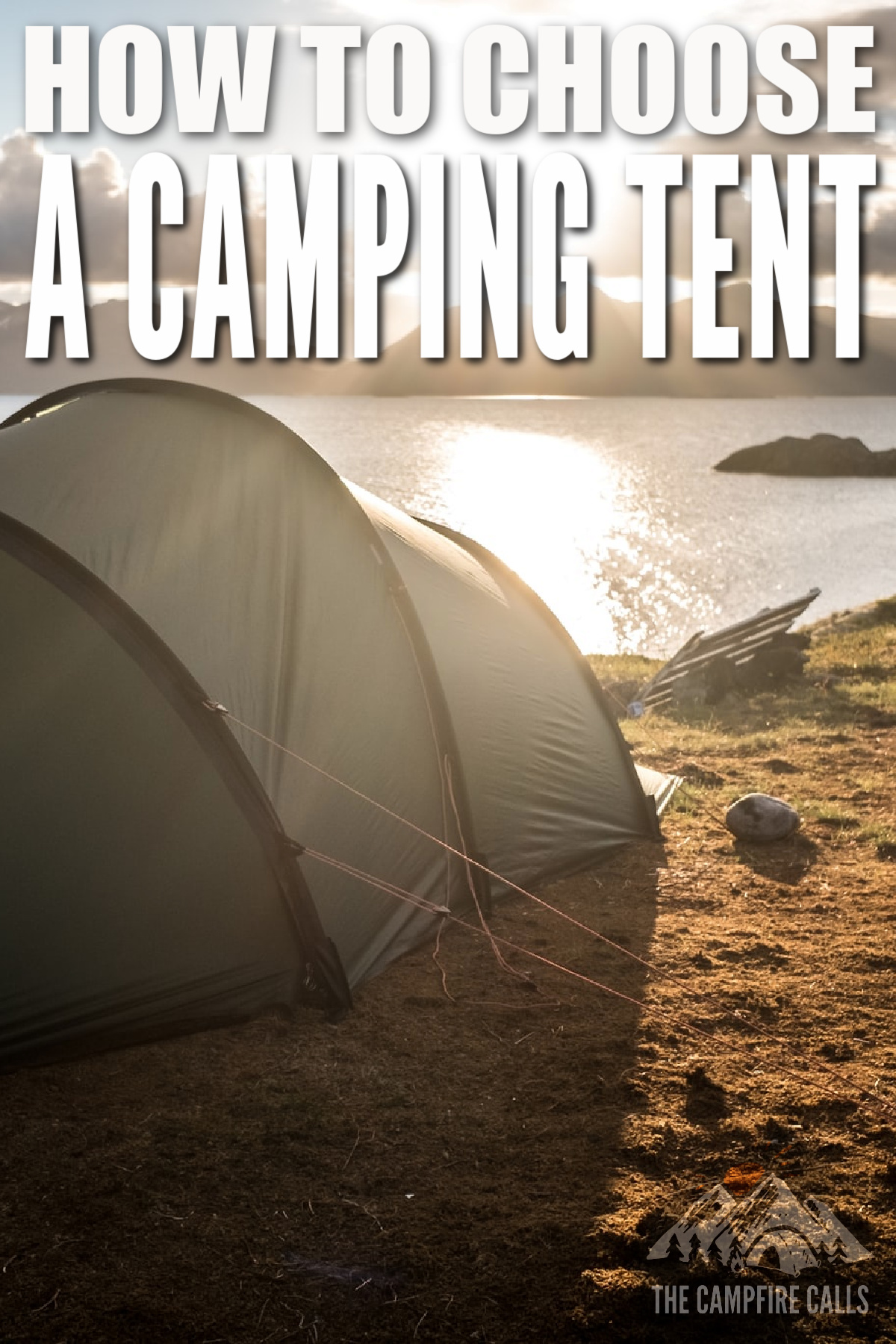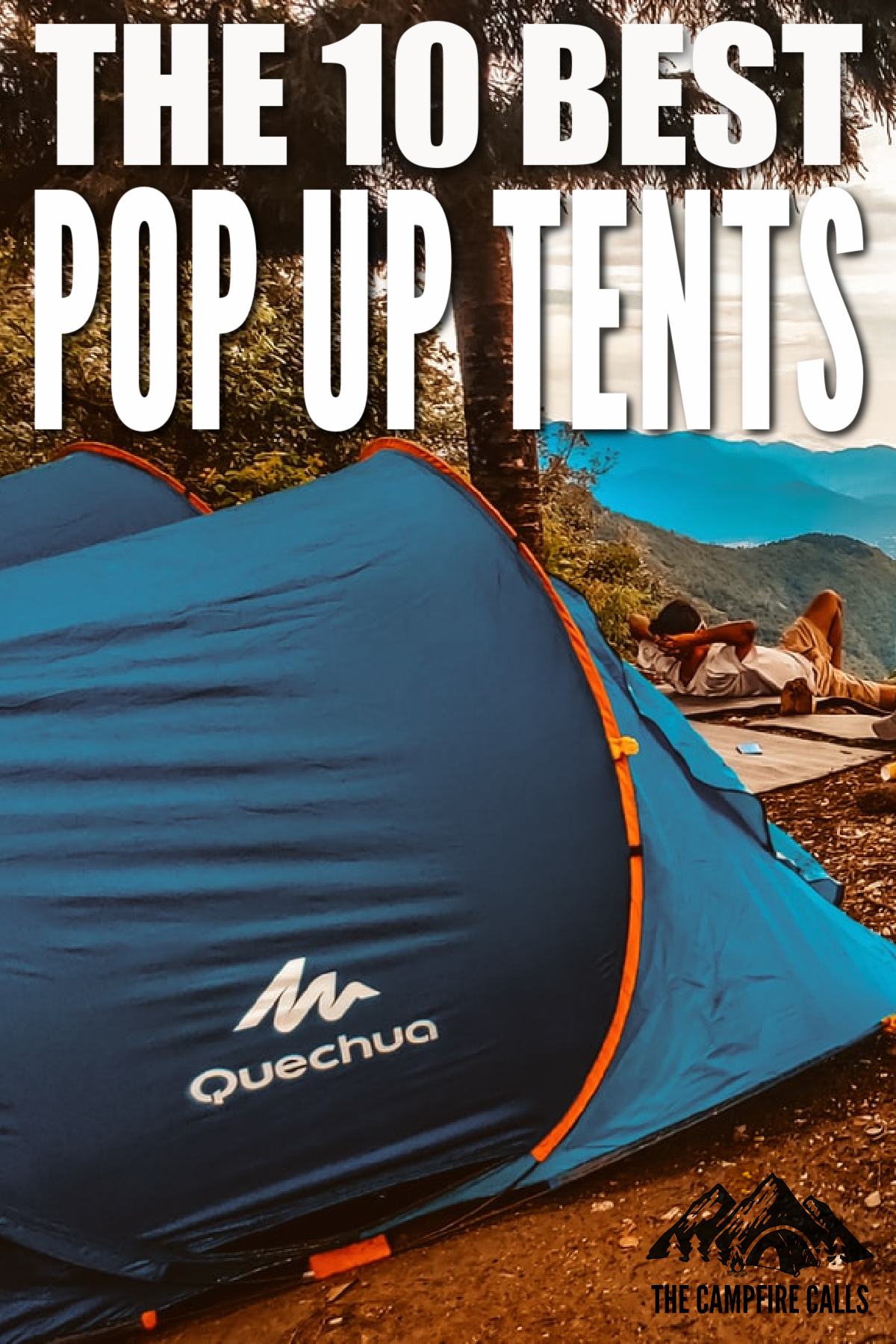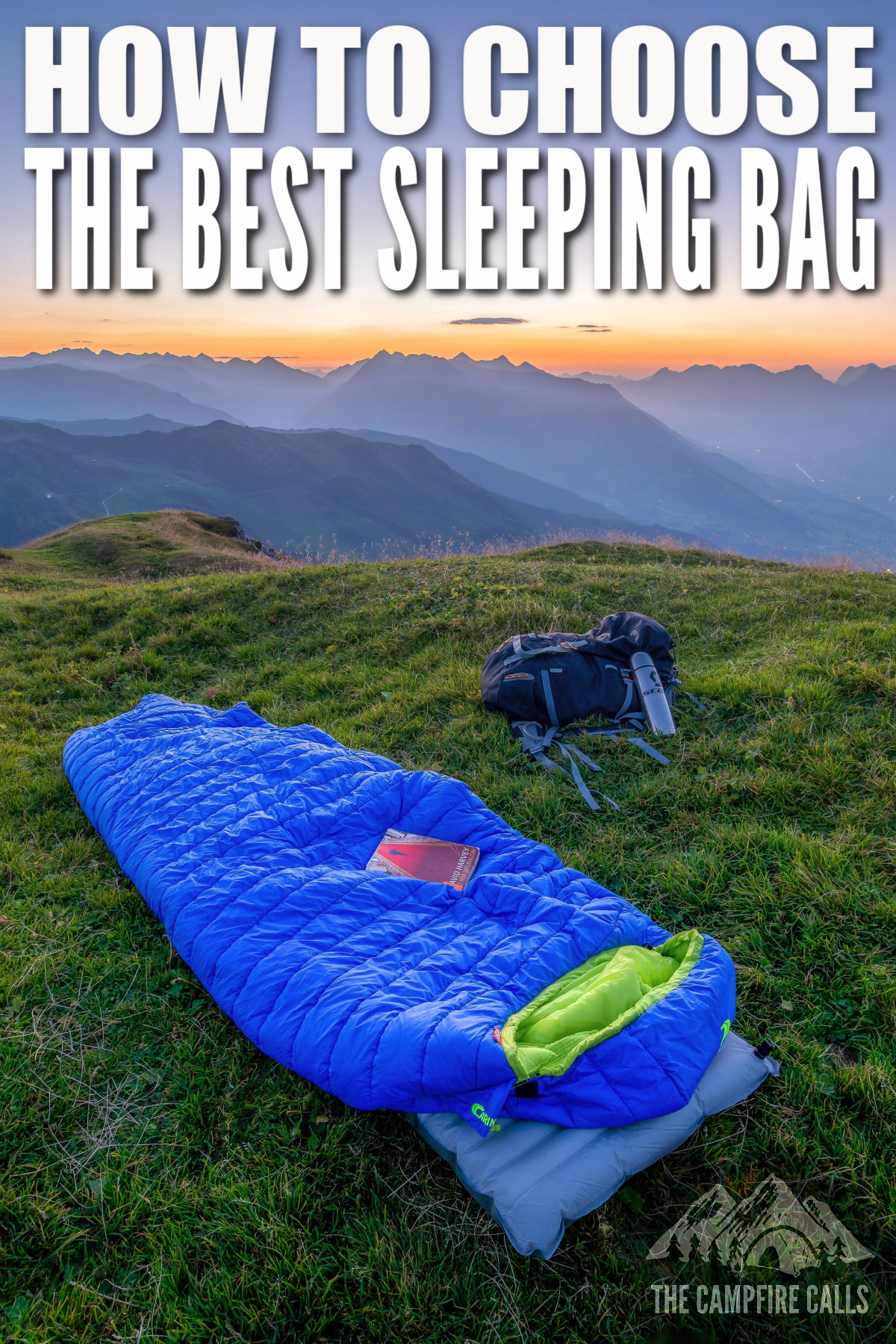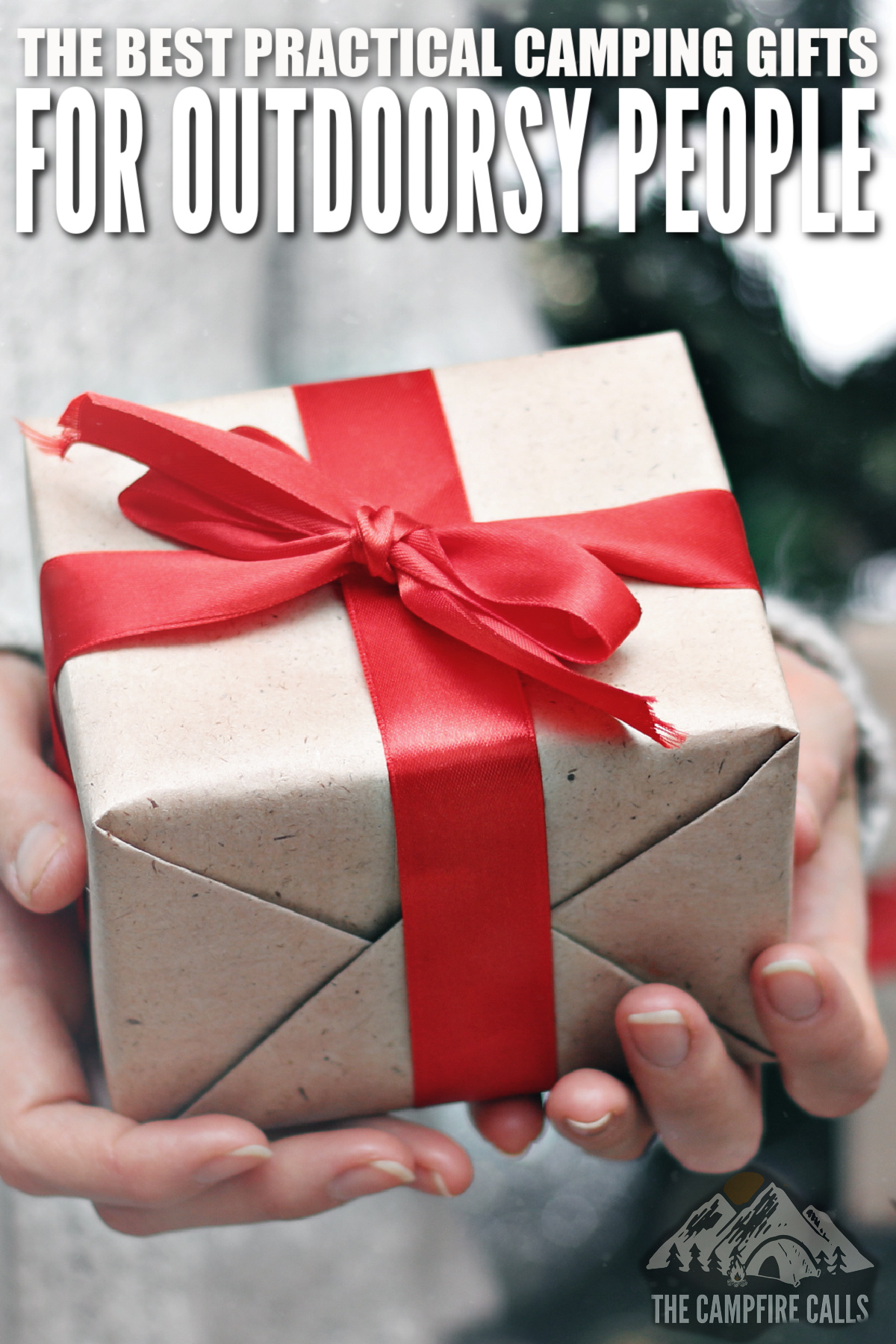Here’s our guide on how to choose a camping tent. We’re going to show you the important points to consider when choosing a camping tent.

How to choose a camping tent is one of the most important decisions you will make when going on a camping trip.
How do you know what kind of tent to get?
How much should it cost?
How big should it be?
How many people should fit in it comfortably?
These are all questions that can be answered by reading this article.
Tent Size and Sleeping Capacity
When doing research, one of the most important things you can learn is how many people a tent can hold.
Consider upsizing your tent capacity by 1 person if you or your camping companions are bringing a lot of luggage or gear, claustrophobic, or are large-framed.
A 2-person tent indicates that it can comfortably hold 2 people at once, while a 4-person tent indicates the same thing but for only 4 people.
Type of Camping
What do you plan on using your tent for? Will this be an outdoor camping tent or a backpacking one?
Tent Camping with a Car or Vehicle
For those who plan on using their car, truck or SUV to camp in, there are many big spacious roomy camping tents made just for you. For this type of camping you don’t generally need to worry about the weight of the tent as you won’t need to carry it far from your vehicle. Check
Check out the Coleman Sundome 4-Person Tent or the Coleman Instant Cabin 6-Person Tent. These are both very popular tents for car camping and have been rated highly by consumers. If you are looking for something a bit smaller, try out the Moon Lence 2-Person Tent.
Backpacking
If you plan on taking a longer hike through the woods with your camping gear, you will want something lighter and more compact. How can you tell how light weight a tent is? The general rule of thumb to follow is that the best backpacking tents are under 5 pounds (sometimes upwards of 7).
Backpacking tents should also have components that are easy to setup – which will come as a relief when you have tired muscles from carrying everything on your back.
Check out the Kelty Dirt Motel Tent (4 lbs.) or the Kelty Late Start Tent (3 lbs.). And, for a slightly larger 3 person tent, check out the Kelty All In Tent (5 lbs).
Weather and Season
Any tent you purchase should be made of quality fabrics with waterproof coatings, fully sealed seams and durable poles because you never know what mother nature will throw at you.
Still, the climate you intend to camp in should influence the type of tent you purchase. If you live in a place with warm, dry summers and mild winters then you will want to buy a lightweight tent that can handle the summer nights without getting too hot.
But if you plan on camping during the dead of winter at high altitudes in extreme cold, then it is pertinent that you get yourself a 4 season or 3 season camping tent, which will be designed for those types of weather conditions.
3-Season Tents
A 3 season tent is great for camping during the spring, summer and fall. These tents have lightweight fabrics that are breathable which allows them to ventilate well when it’s hot outside. They also handle rain just fine but can be damaged by strong winds. If you live in a place where it doesn’t get too hot or cold all year round, a 3 season tent is probably what you need.
If you plan on camping in moderate weather conditions, you need to get yourself a 3 season tent – such as the Kelty Late Start or the Coleman WeatherMaster.
If you live in an area where there are lots of strong winds and extreme weather conditions, consider getting yourself a 4-season tent.
4-Season Tents
A 4 season tent (sometimes referred to as an Alpine tent) can be used all year around for camping regardless of the weather conditions. Because these tents are made with durable and more heavy-duty materials, they are heavier to carry but provide a lot of warmth, wind protection and water resistance.
If you plan on camping in extreme sun or snow conditions, you need to get yourself a 4 season tent – such as the NEMO Kunai or the MSR Access.
Tent Features to Look For
Ventilation
How many doors and/or vents does the tent have? Mesh panels are often a great addition to help with air ventilation. If you are camping in a warmer climate , then you may want to get a tent with larger mesh panels.
Electrical Access
Does your tent have electrical access ports? How many of them are there? How close to the floor is the port located? How easy would it be to connect a cable from the tent to an external outlet for power (to charge things like cell phones or laptops)?
Rainfly
A rainfly is a waterproof cover that is placed over the tent to protect it from rain and wind. There are two common types of rainflys – separate and attached.
A separate rainfly consists of a tent body, poles , stakes and the rainfly – which is then placed over the tent. An attached rainfly already has the fabric for the rainfly sewn onto the tent allowing you to set it up in one simple step.
If you are not going through any particularly windy or rainy weather, it’s better to get a tent with built-in rain protection. Check out the Ayamaya Pop Up Tent for an example of a rainfly that deploys as an extension to the main body of the tent.
Vestibules
Some tents may include a vestibule – a covered antechamber attached to the tent. The space in between the tent and vestibule provides additional room for storing gear or boots.
If you are in need of storage space look for a tent with a vestibule.
Consider how much extra space you need, how waterproof the vestibule is, and how easy it is to access.
Tent Doors
What are the tent doors like? How many of them are there? How do they open and close? How waterproof is the material that makes up the door flaps?
If you’re camping with your family, having more than one exit can help you avoid climbing over each other in the middle of the night to go to the washroom
Interior Loops and Pockets
Different tents have different ways of organizing and storing your gear inside. How big are the pockets for storing small items? How easy is it to access your stuff once the tent is set up?
Is there a loop designed to be sturdy enough on the ceiling to hold a lantern?
There may even be a door organizer, which is basically a pocket near the door of the tent that is designed to hold items like keys, wallets and even a flashlight.
Footprint
A footprint is a waterproof material you lay underneath your tent. It protects the floor from getting wet and also acts as a barrier between the tent material and the ground.
Sometimes a footprint is included with your tent, but usually you have to buy it separately.
Easy set up
If you’re camping with family or friends, nobody wants to be standing out in the rain while one person tries to figure out how to put up the tent. How easy is it for one person to setup a tent? How many people does it take? How long will it take them?
Some tents can setup as fast as 2 seconds, which is a huge time saver. Check out our top picks for the best popup tent.
Aside from instant tents, if you are looking for a high end tent that is easy to set up, look into tents like the Kelty Late Start or the Coleman Sundome Tent.
Consider tent height
How tall is the tent? How does your average height person feel in it? How easy is it to walk around inside of the tent?
Consider how much room you need, there’s nothing worse than cramped quarters.
Tent Poles
Aluminum or steel poles are stronger and more durable than fiberglass. How sturdy do they feel when you’re holding them in your hand? How durable is the material that makes up the pole tips and joints.
Tent Shape
Square or rectangular shaped tents provide more usable space than a dome, which can make moving around inside of them a lot easier. However, Dome-style tents offer better strength and protection from wind.
Tent Price
Which tent you choose should be determined by your budget. How many years do you plan on using the tent? Price is always an important consideration when buying anything. Tents are no different.
How long you expect to use the tent for will dictate how much you will spend on it. I mean, if you are going to be camping for years with your family and/or friends then spending a bit more now could actually save you money in the long run.
How?
Because higher quality tents last a lot longer than cheaper ones.
Choosing the right tent is a decision that should be based on your unique needs and how you plan to use it.
What do you look for in a tent?

Elizabeth Lampman is a coffee-fuelled Mom of 2 girls who lives in the Niagara region of Ontario. She loves photography, camping, hiking, and travel.



